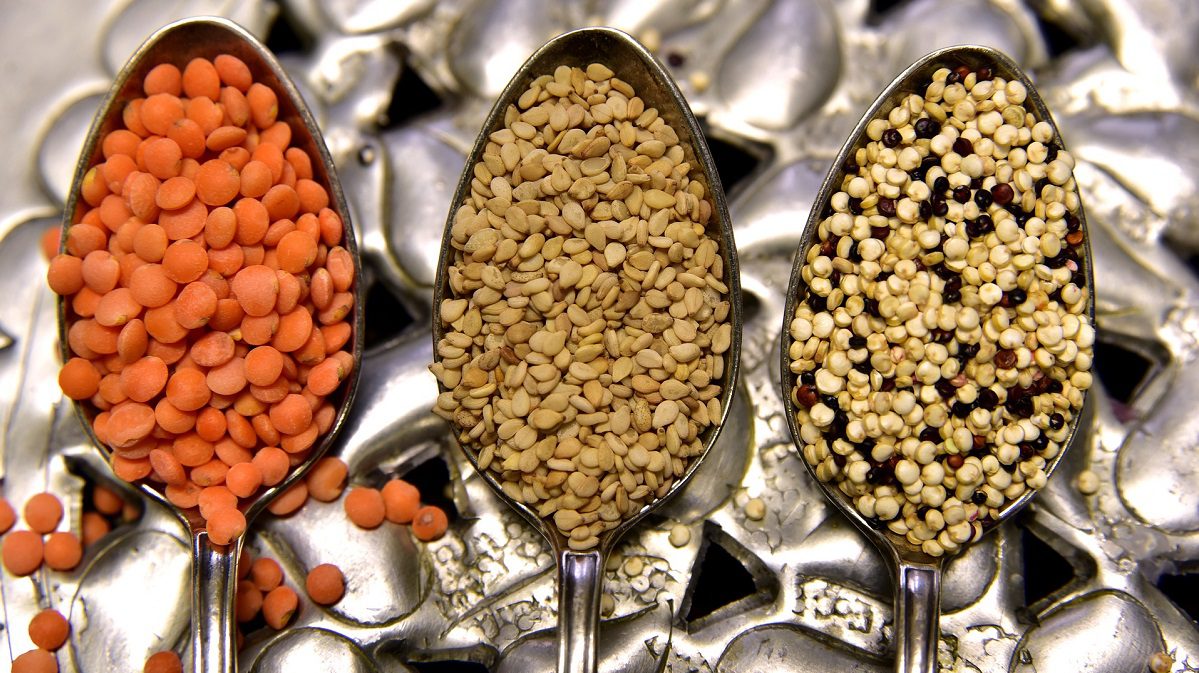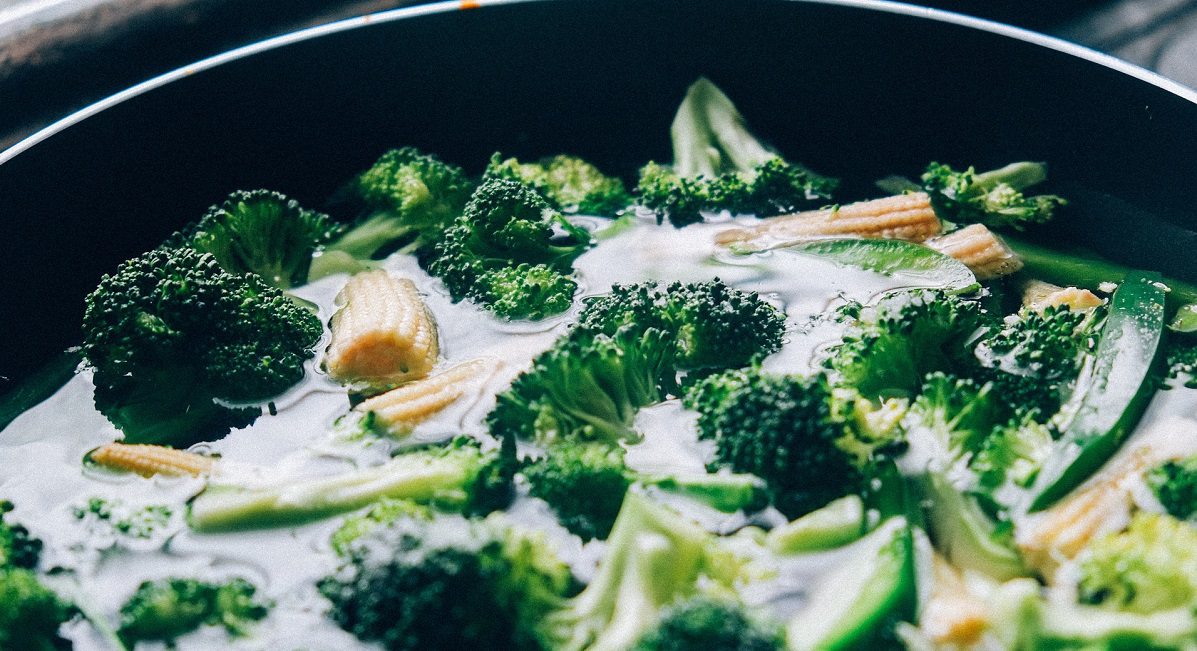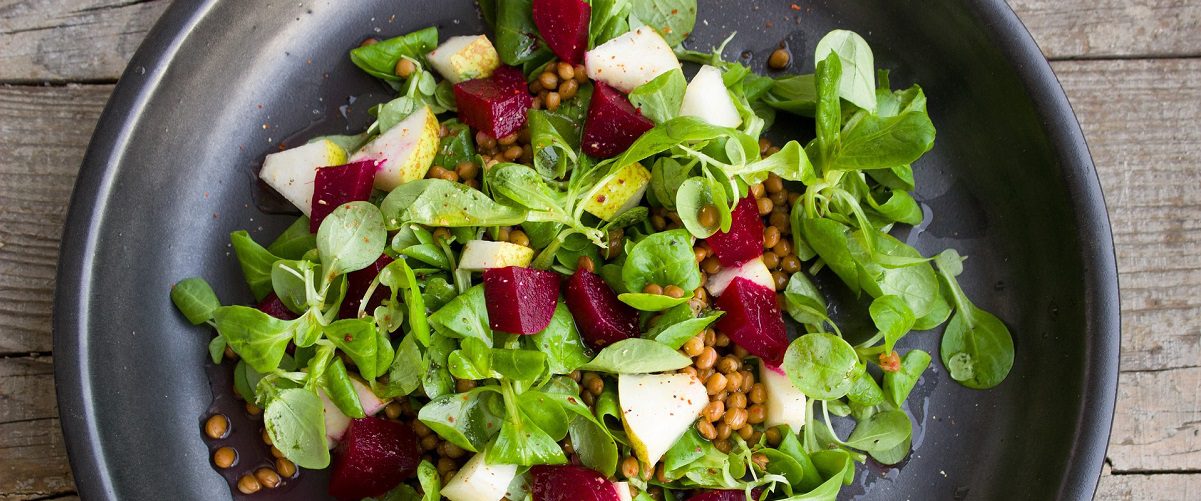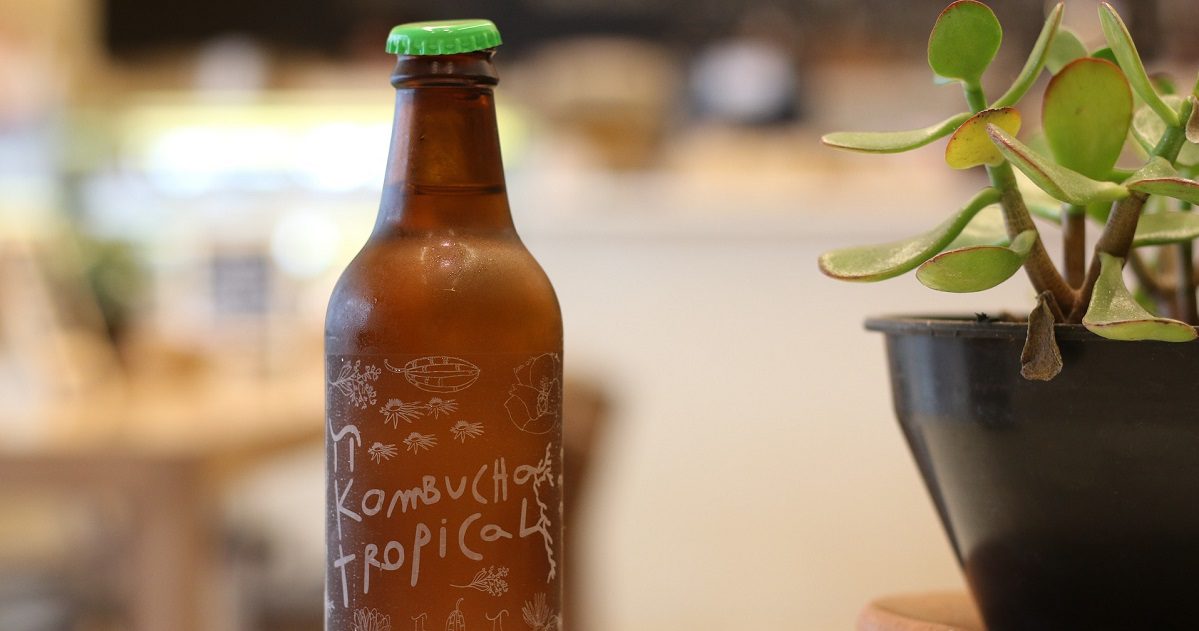How your diet can boost your oestrogen… but it’s a balancing act
We all want to know how to boost oestrogen. The good news is that your diet can help. But it’s a balancing act. It’s about more than just getting *more oestrogen*
Menopause, eh? Don’t get me started… Well, actually, do – because it’s only recently that the menopause taboo has started lifting. So I’m talking about it to anyone who’ll listen.
I’m in perimenopause, which is a bit like puberty at the other end. I’m still getting periods, but the end is nigh. In the meantime, my hormones are ALL over the place. At some point, they’ll settle down, and I’ll most likely shift into menopause, where the hormones drop and the periods stop.
HOW DO HORMONES AFFECT US?
Oestrogen and progesterone are the best-known hormones involved in menstrual cycles and pregnancy. Their impact is not contained within the womb, however. They have an influence over bone density, inflammation, skin health, digestion, concentration levels, temperature, sleep, mood and mental health.
Raising oestrogen levels may stave off hot flushes, irritability, aches, pains, insomnia and bone loss; but high levels of oestrogen may also feed fibroids, endometriosis and cancer
When hormone levels change throughout each month, we can feel subtle, or sometimes powerful, ripples in all these areas. During perimenopause and menopause, as in puberty, the effects can be much wilder.
With HRT (hormone replacement therapy) linked to higher rates of cancer, and also in current short supply, many women are turning to natural approaches to soften the impact. Foods such as soya, broccoli and seaweed are gaining a reputation for boosting oestrogen – or as I prefer to describe it, balancing oestrogen.
Language is important here. Raising oestrogen levels may stave off hot flushes, irritability, aches, pains, insomnia and bone loss; but high levels of oestrogen may also feed fibroids, endometriosis and cancer.
There are 3 main types of oestrogen: E1 (estrone), E2 (estradiol) and E3 (estriol). E2 (estradiol) is the strongest type, and some scientists believe this is the one most likely to contribute to fibroids, cancer etc.
After menopause, you don’t stop making oestrogen, you just stop making so much E2, and focus more on E1 – estrone – instead. Estrone is much weaker. It’s not strong enough to trigger reproduction, but hopefully strong enough to keep you well.
THERE ARE FOODS THAT CAN BOOST OESTROGEN THOUGH, RIGHT?
 Peas, beans and lentils, including soya, are similar to estrone, and so for many women these can be a useful way to boost oestrogen in a safe way. However, it’s complicated and no one understands it fully yet.
Peas, beans and lentils, including soya, are similar to estrone, and so for many women these can be a useful way to boost oestrogen in a safe way. However, it’s complicated and no one understands it fully yet.
Some women and studies have found soya to be a driver for breast and womb tumours, while others show soya to be protective against cancer. So include these pulses in your diet, but in moderation. This is a time for bringing things to balance, not for bingeing on tofu and edamame beans.
In countries where meat and fat are relatively low in the diet, hot flushes and other menopause symptoms are often unheard of
Another benefit of including a variety of pulses is that it may help you reduce your meat intake. In countries where meat and fat are relatively low in the diet, hot flushes and other menopause symptoms are often unheard of. If you’re a long-time vegan and struggling through menopause, then there may be other factors at play.
As much as nobody wants to hear this, perimenopause/menopause is also a time to massively reduce sugar, caffeine and alcohol.
Yes, the three things you thought were keeping you going might just be making things worse. Not least because of their impact on your liver and your gut bacteria, both of which are heavily involved in regulating your oestrogen levels.
SO WHAT’S THE BEST THING TO DO?
To help your liver out, keep well hydrated (with water; not coffee, fizzy drinks or wine!) and include the nutrients your liver needs to do its job properly. In particular, focus on:
Cruciferous vegetables
 Broccoli, cauliflower, cabbage, Brussels sprouts etc contain a substance called indole-3-carbinol, that your body then converts to DIM (diindolylmethane), which helps you regulate oestrogen.
Broccoli, cauliflower, cabbage, Brussels sprouts etc contain a substance called indole-3-carbinol, that your body then converts to DIM (diindolylmethane), which helps you regulate oestrogen.
Nuts and seeds
Good sources of minerals such as magnesium and zinc, which your liver uses to moderate hormone levels.
Green leafy vegetables, such as spinach, watercress, rocket, kale etc.
Help boost your magnesium levels, as well as folate and other useful nutrients
Beetroot
Provides methyl compounds that regulate oestrogen.

Sea vegetables: kombu, wakame, dulse etc.
Their iodine content helps with oestrogen regulation and thyroid health.
For a healthy gut microbiome, keep sugar and alcohol levels low, and include:
Fermented foods
 Plain yoghurt, sauerkraut, kimchi, kefir, kombucha, unfermented apple cider vinegar etc. A small daily pot/shot of these will help boost your gut bacteria.
Plain yoghurt, sauerkraut, kimchi, kefir, kombucha, unfermented apple cider vinegar etc. A small daily pot/shot of these will help boost your gut bacteria.
Prebiotic foods
Mushrooms, garlic, onions, pulses, bananas etc to help feed your beneficial gut microbes.
FINALLY, LET’S TALK ABOUT STRESS
 Your adrenals produce your stress hormones, and also some of your oestrogen and progesterone. So manage your stress levels with lifestyle changes, meditation, and exercise – and with a healthy, balanced diet rich in leafy greens, nuts, seeds, avocado and oily fish.
Your adrenals produce your stress hormones, and also some of your oestrogen and progesterone. So manage your stress levels with lifestyle changes, meditation, and exercise – and with a healthy, balanced diet rich in leafy greens, nuts, seeds, avocado and oily fish.
Many of these foods and nutrients are additionally anti-inflammatory, bone-strengthening, mood-balancing and immune-boosting.
Taking the time to nourish yourself will put you back in the centre of things, where you deserve to be.

Kirsten Chick is a nutritional therapist and lecturer, and author of Nutrition Brought to Life.



Leave a comment